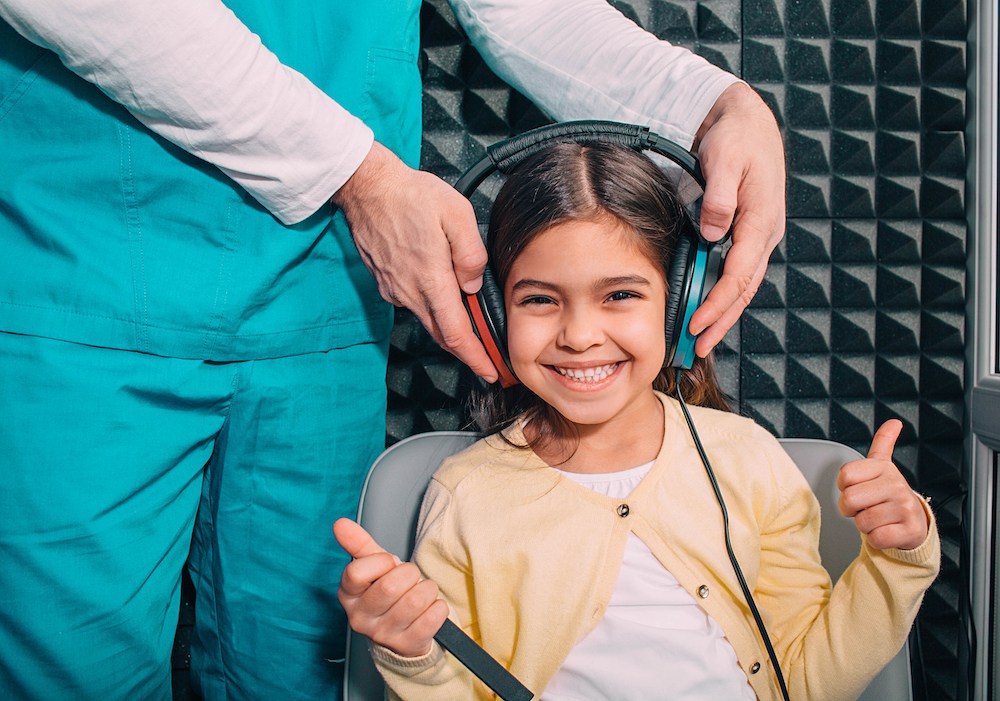Why Early Detection of Hearing Issues Matters
Hearing loss sneaks up on people in ways that go beyond just turning up


Hearing loss sneaks up on people in ways that go beyond just turning up

Most children have little experience with hearing tests beyond the brief

Children learn by listening – to parents reading stories, teachers